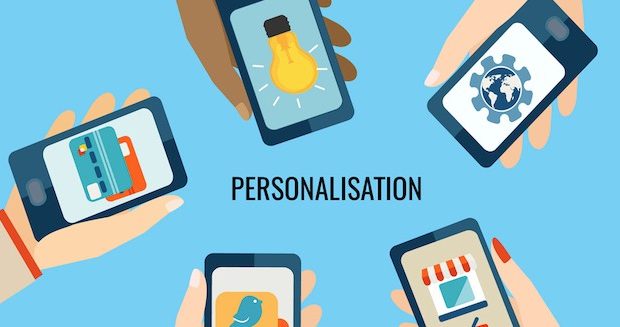
Twilio Inc., a customer engagement platform, has released new research emphasising the critical role of effective listening in enhancing brand loyalty and customer satisfaction.
Findings from Twilio’s latest report: Why good listening means good business, found that speaking to a real person is currently the channel that makes consumers feel the most understood and listened to (48 per cent).
Alongside speaking to a real person, the other factors that make consumers feel listened and understood by a brand are:
- Responses to complaints with individual solutions rather than generic apologies – 46 per cent
- Responses to feedback with tailored answers – 35 per cent
- Products and services improving based on customer feedback – 26 per cent
- Communicating with customers on their channel of choice – 25 per cent
- Advertising and marketing that is specific to customer needs and habits – 14 per cnet
The research highlights a clear ROI of good listening to businesses, with 69 per cent of consumers saying they are more likely to buy from that brand again. 67 per cent said they would be more likely to recommend the brand to someone else in the future.
Despite an overwhelming majority of customers (79 per cent) saying that it’s important to be listened to when speaking to customer services, 26 per ent said they rarely feel heard.
Speaking on the phone came out as the preferred means for consumers to communicate with brands (32 per cent), followed closely by email (31 per cent) – greatly outpacing online chat (12 per cent) and social media (8 per cent). However, there are greater levels of frustration when these more traditional means of communication fail to offer solutions. 69 per cent of consumers feel frustrated when their issues aren’t resolved on the phone, higher than any other forms of communication.
Commenting on the findings, Sam Richardson, Customer Engagement Consultant at Twilio says: “From social media, to instant chat, to telephony, customers have never had more ways to get in touch with brands, and brands have never had more ways to listen.
“This presents a golden opportunity for businesses. Good listening is the gateway to better understanding, providing brands with rich insights, helping them to solve problems, and enabling them to fully connect with their customers. But it also presents risks and the cost of not listening is being felt by businesses of all sizes. With customer loyalty a critical revenue stream, brands should be looking to ensure every customer interaction hits the mark to avoid losing out.”
The report provides key actionable advice for businesses on how to better listen to customers.
- Phone Preference: Phone remains the top communication channel (32 per cent), highlighting the enduring importance of voice in customer service. However, voice AI presents an exciting potential to support the voice channel moving forward.
- Brevity Matters: Keeping communication brief is crucial, as one in four people loses focus when agents are not clear and concise.
- Insightful Responses: Having quick access to customer details, like purchase history, allows agents to understand and respond to queries more effectively. This personalised approach helps customers feel heard and improves satisfaction scores.
- Speed and Efficiency: Quick problem resolution via phone is preferred. Better call routing connects the right agent with the right customer, streamlining operations and increasing satisfaction.
- It’s all about data: For 16–24-year-olds, phone (24 per cent) and social media (19 per cent) are the preferred communication channels, showing a clear need for both human and digital interactions. Voice interactions remain vital for customer engagement, and AI can enhance customer data insights for a hyper personalised experience that can be adapted to a diverse demographic.
Richardson added, “To ensure brands truly listen to and understand their customers, no matter their needs, they need to develop a hyper personalised approach informed by data. By also recognising the importance of traditional channels like phones, brands allow essential human interactions to happen via the power of voice – especially for those more emotional or urgent customer needs. However, automation like voice AI can do a great job of supporting the voice channel, provided brands have the right data to personalise and follow up with actions that make customers feel known and heard.
“By including both traditional and AI-supported voice channels in customer engagement strategies – and modernising them with AI analysis – brands can improve their approach with actionable insights. By combining these tools with a comprehensive understanding of customer needs, brands can truly master the art of listening and turn every customer interaction into a business opportunity.”








Share